Author Richard Garcia has released seven collections of poetry. From his first book of poems in 1991 (The Flying Garcias, Pitt Press) to his most recent release of fabulist prose poems (Porridge, 53 Press) in 2016, Garcia has time and time again managed to pack a wallop of magic within a miniaturized space. The first poem of his I ever read was titled "The Book of Dreams" and I like to think that name acts as an umbrella for his entire bibliography. Using the page to weave surreal situations with fairytales and autobiographical daydrifts, the South Carolina based writer has a fantastic collection worthy of discussion. In the interview below, we cover past and present work, as well as AWP, Garcia's history with the prose poem, a G0ogle-themed writing prompt, and more.
I read in an interview where you cite Alberto Rios as an important author in your early days of poetry. Over the years, who are some other names that have really impressed and inspired?
I was influenced by reading Jung when I was in high school, and Joseph Campbell, and myths, tales and sagas. I was fond of the Táin Bó Cúailnge, and I was submerged and swept away by Moby Dick. This was all reading on my own. One book led to another book. In the late 50's, the place to get books by Jung was in a metaphysical bookstore. I took a few courses at San Francisco State, where a friend showed me the prose poem, "At the Bottom of the Sea," by Luis Cernuda. I was hooked. Cernuda was teaching Spanish at SF State at the time, and he gave a reading there, in Spanish. The poems he read were translated by Robert Bly, and handed out to the audience. The English translations were read by Lawrence Ferlinghetti. Robert Bly and James Wright visited my English class; they gave out copies of their journal, The Sixties, and spoke in favor of a poetry that was deep-image, leaping, international, and politically engaged. I heard a similar talk by a panel of poets last week at AWP. Poetry advances in cycles. And I have noticed recently in the younger poets a resurgence of interest in deep image and leaping poetry, the prose poem, and fabulism.
I don't remember the prose poem being considered anything too different from other types of poetry. I never heard anyone question what it was. Maybe that was partly because the main model of poetry back then was European, and we all read the Surrealists. It was only after it went away for a while, and was then revived for a different generation, that you had to explain it. Back in the early days of the revival, in the early 90's, I would send prose poems out to journals and they would be returned with a note saying that they only published poems.
I was much encouraged, years after my first book, by an unsolicited letter from Octavio Paz. I think every new poet wants some confirmation, some answer to the letter they have written to the world. At the time the letter came, I had not written for a very long time. If Octavio Paz tells you that you are a true poet, you believe him. In the late 80's I was in a workshop for one week at the Aspen Writing Conference with James Tate, and he also gave me a similar blessing.
You mentioned AWP. Do you attend every year? How do you feel the poetry world/culture has evolved over recent years/decades?
The AWP conference is a time for seeing friends who work in creative writing all over the country. I learn about new books, and find things I can use for my teaching and share with my students. At the conference you start to think that writers are a big deal, and then you go back to the real world; in the U.S.A. the phrase 'famous poet' is an oxymoron. In AWP's early days, creative writing might have been one course in a few programs, and now it's a department in most colleges, some offering Ph.D's.
via Cease Cows
Since releasing Rancho Notorious in 2001, you have steadily been releasing books every few years. Why the ten year break between 1991 and 2001 with your first and second books? Were you writing as often then as you are now?
I have had many stops and starts and silences in poetry. Some of them so late and so long ago it is embarrassing to talk about them. I was in high school when I published my first poems, in an anthology of Beatnik poetry published by City Lights Books called Beatitude Anthology. There, between Corso and Ginsburg, you might notice an R. Garcia.
It's often hard to get that second book out. That first volume is usually autobiographical poems, honed and polished over time, and after it comes out, poets have to figure out what to write now that these poems of origin are out in the world. In my case, I had plenty of strategies for generating work—and I found that much of my work was generated from my teaching. So in some way I teach myself when I teach others.
What's the year looking like for you? What are you currently working on?
After having three books published between 2014 and 2016, I have been kind of quiet. I am starting up again. In a strange way, having your poems published in books feels as if your poems have been taken, and you have to start over.
Do you still live and reside in South Carolina? Does your city/state have much of a writing community?
Yes, I live in Charleston, and there is a great writing community here. There is also more of a culture of words in the South; that is, people will tell and listen to stories, and they value language, the way a phrase is turned or a story is told. I find that enriching. I have a group that has come to my house to study and write for almost 15 years. They have all published poems and books. Somewhere along the line I dubbed them The Long Table poets. I suppose I am one of their teachers, but really, it is more like we have a party every couple of weeks.
Charleston is visited fairly often by poets from around the country, in series sponsored by non-profits as well as local schools and colleges. So we get to hear pretty diverse voices and attend several seminars. It keeps things fresh.
Your most recent book, Porridge, is full of cohesive and fabulist prose poems. Your books are full of magic and wonder, but I would argue that Porridge has the most fairydust out of them all. How would you describe the voicing/stylings of your current work? Have you transformed over the years?
My recent writing is more abstract and philosophical, and I don't like writing that is abstract and philosophical. But I try to follow the poems, I don't lead them.
What about the prose poem continues to fascinate you?
For me, the prose poem can be more musical than lineated poetry, but I love both. Being inside a prose poem is like wandering wide-awake through a dream that you are having.
Do you practice automatic writing followed by heavy editing or do you slowly and tediously work on each and every sentence from the jump?
I try to write the first draft as an improvisation. I like not knowing what the next words will be, and I depend on the certainty of what I don't know. And I trust the dependability of randomness. Intelligence is not helpful in this place. It is about discovery, and you can't discover what you already know. Later there is revision, but that is another kind of dance. To revise I stand outside the poem, and if a door in the poem opens, I go in.
Do you keep a great deal of written work in the vault, or do most of your creations end up in your books?
I find that if I can get some words on a page, they will form themselves into poems. I don't have much of a vault—it consists of only a couple of files on my computer—but sometimes I do find poems in these files. It is easier to find poems than to write them.
For this ongoing author interview series, I'm asking for everyone to present a writing prompt. It can be one that you craft out of thin air, it can be one you created a while ago, or it can be one you adore from an outside source that was passed down to you.
I sometimes ask students to write a poem about or from the point of view of their Googleganger, that is, someone else with your name you find on Google. One of my Googlegangers is a reporter in the novel, The Flower Lover, who solves crimes. From that I wrote a poem, "The Flower Lover (Paperback)," it was published in Poemeleon's humor issue, but has not been in a book yet.
Do you have any advice for authors/poets working on their craft?
Read, read, read. Write, write, write. Write every day. It does not have to be for a long time. Even 15 minutes is ok. Write some every day and something will happen. Habit is stronger that inspiration.
Any final thoughts / words of wisdom?
Don't submit a poem to a poetry journal the same day you have written it. Writing poetry, you learn to let go. Let go of your agenda. Let go of about. Let go of your story, of what you have to say. Let go of your subjects and themes. Let go of your ego. Follow the words, they will lead you into the poem.


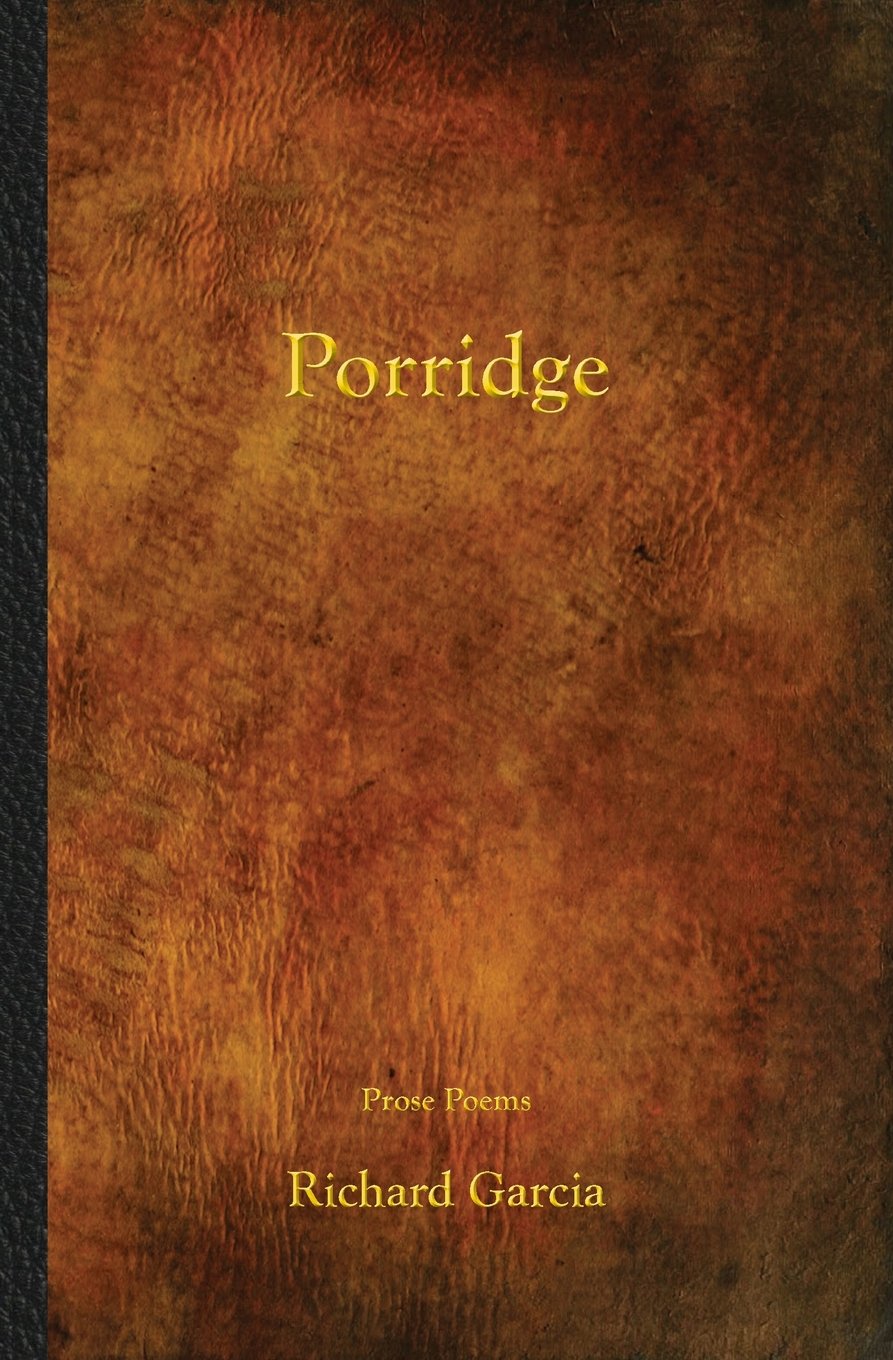
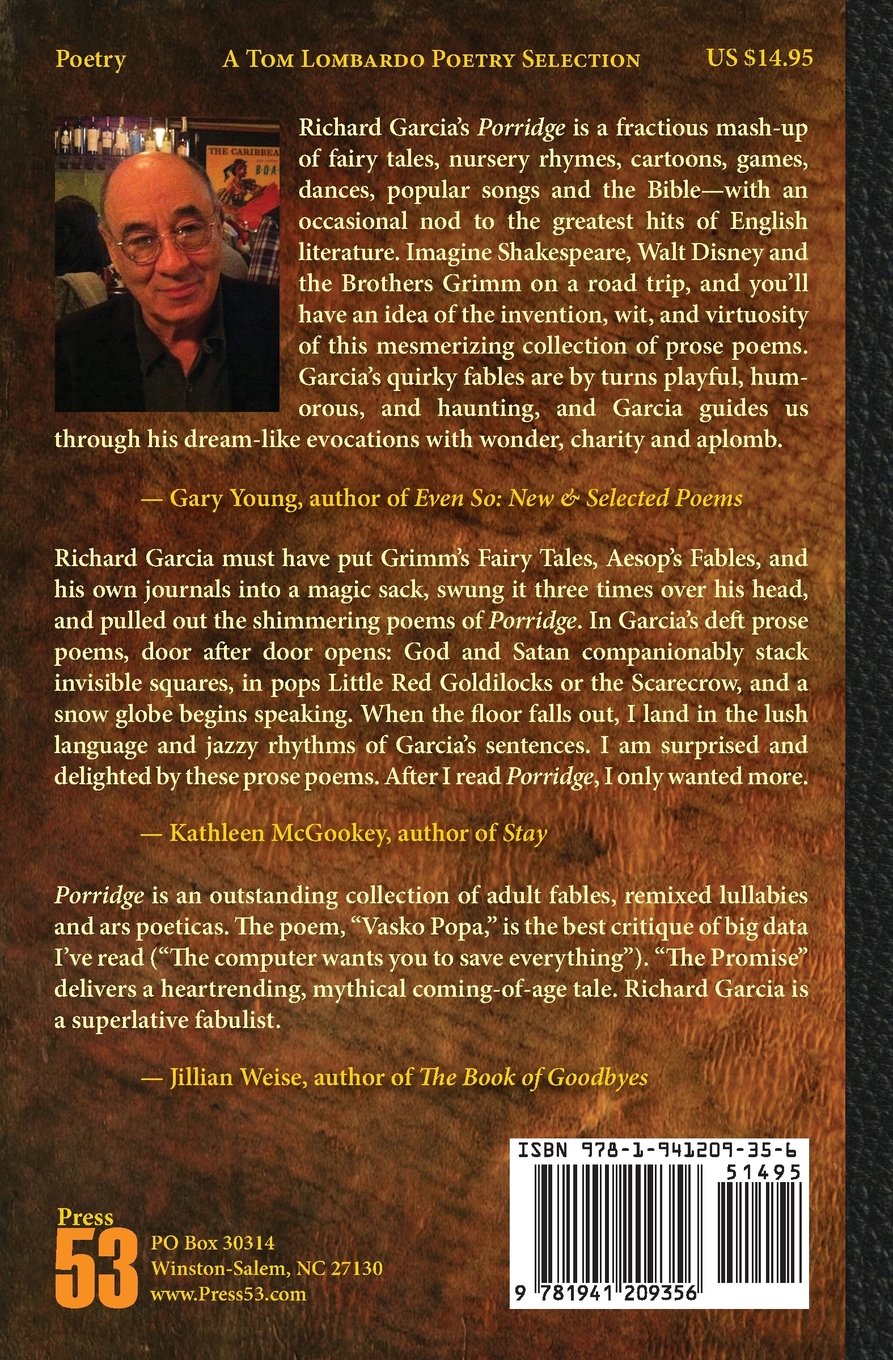
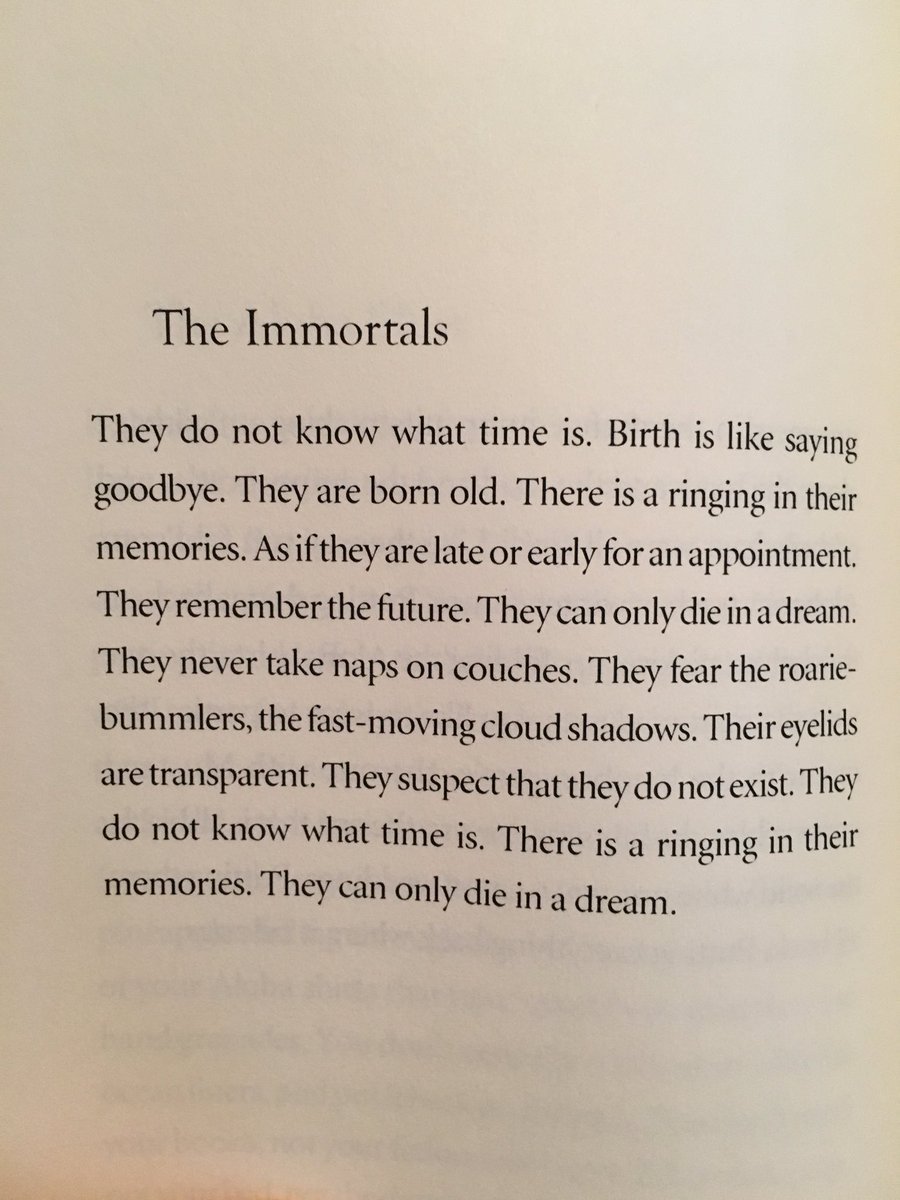
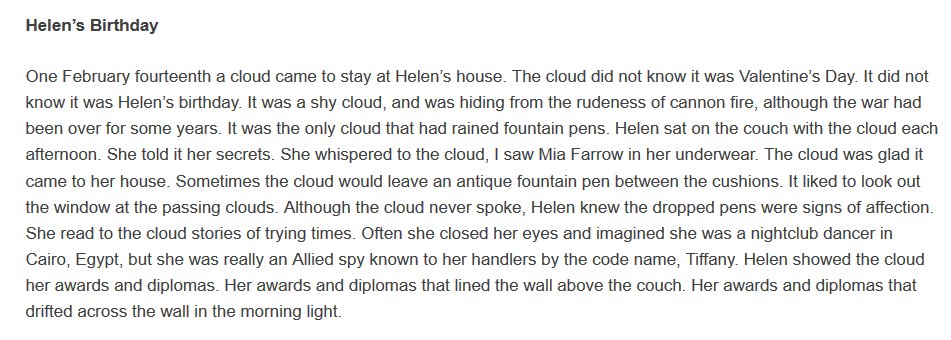
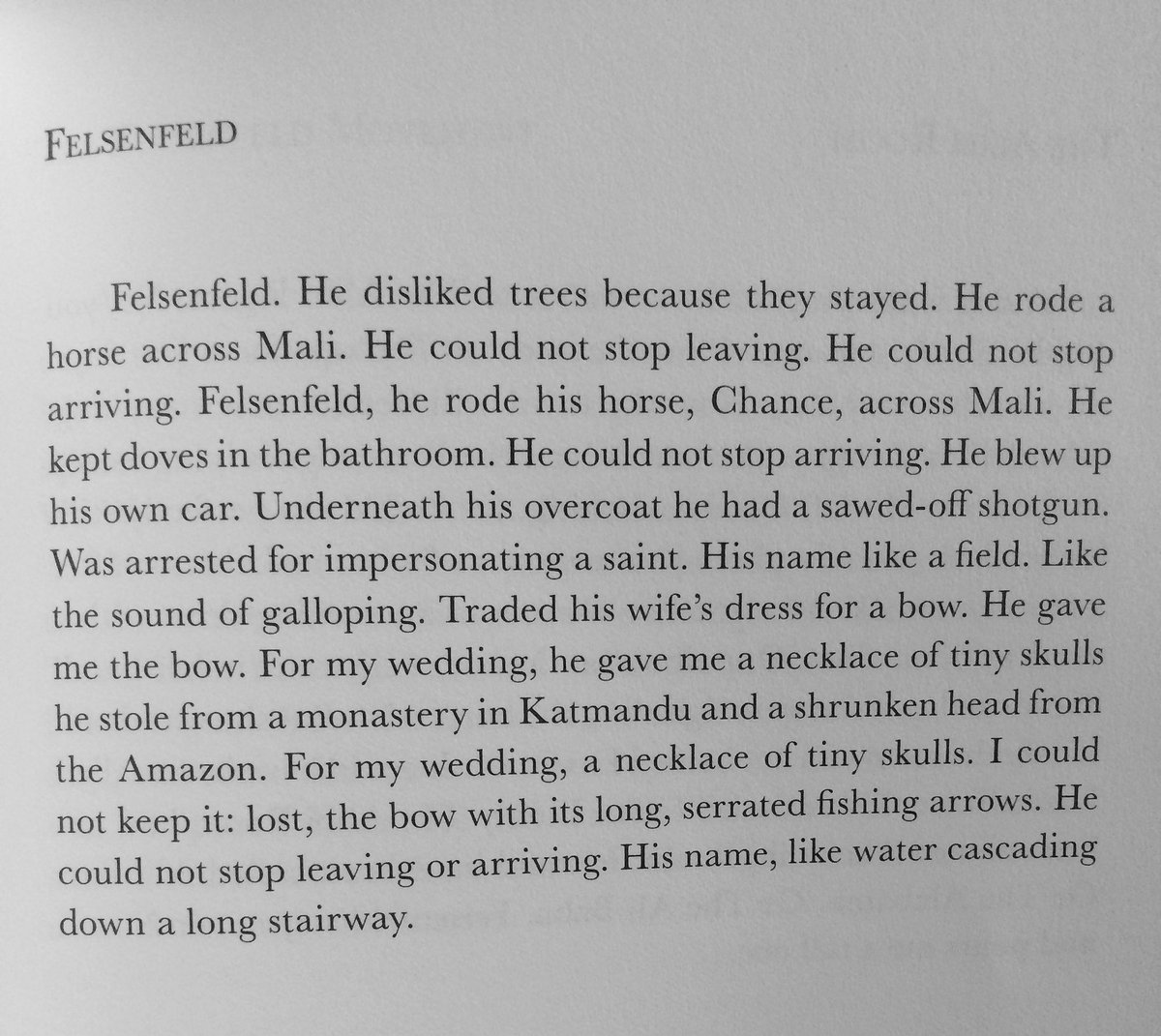

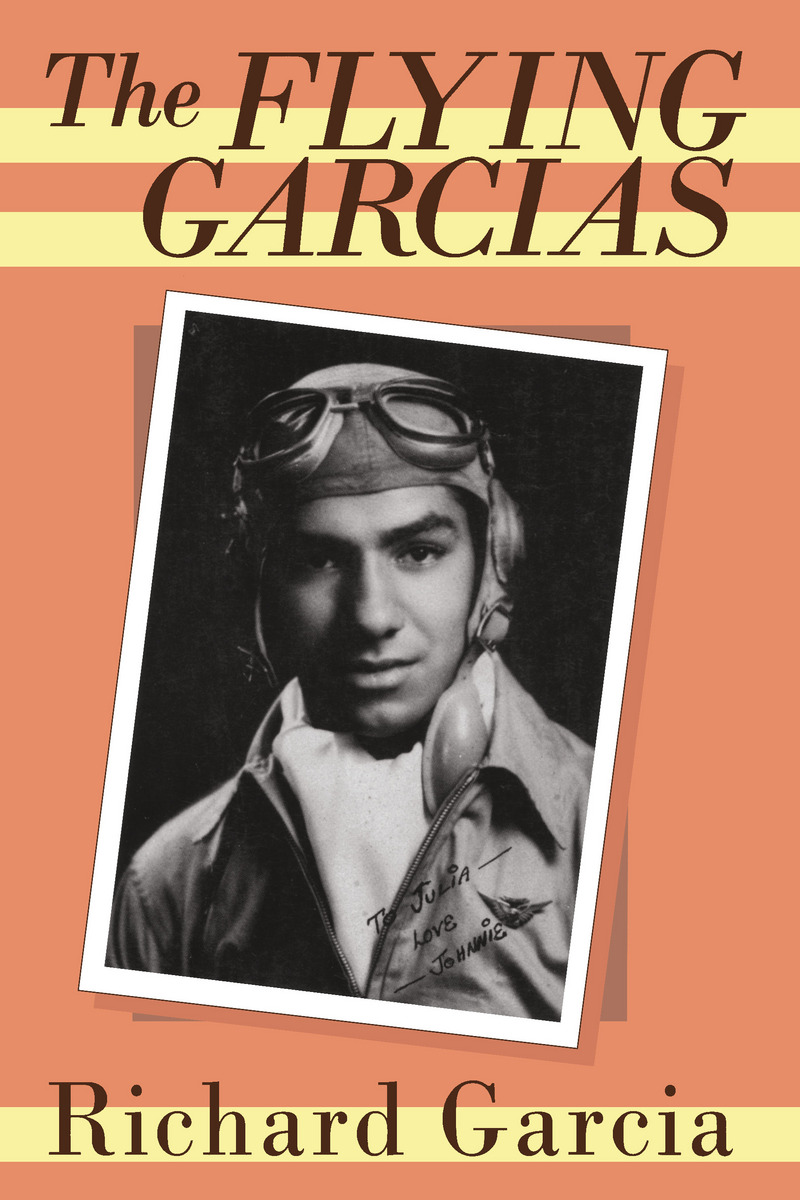
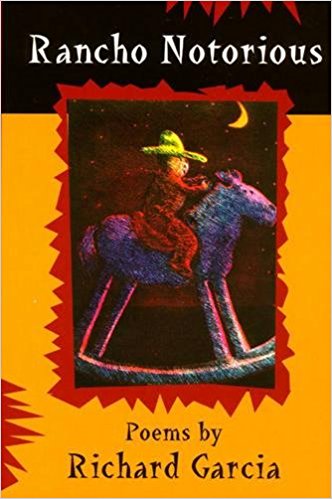
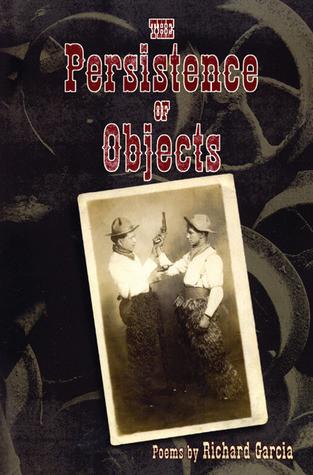
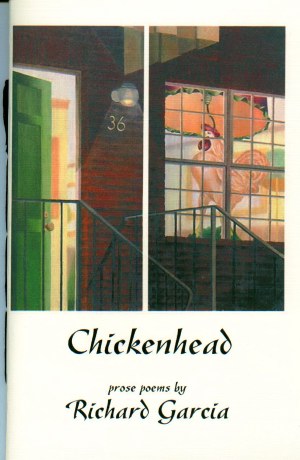
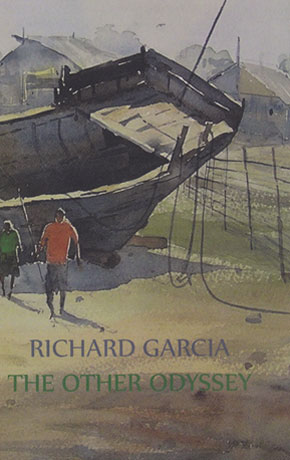
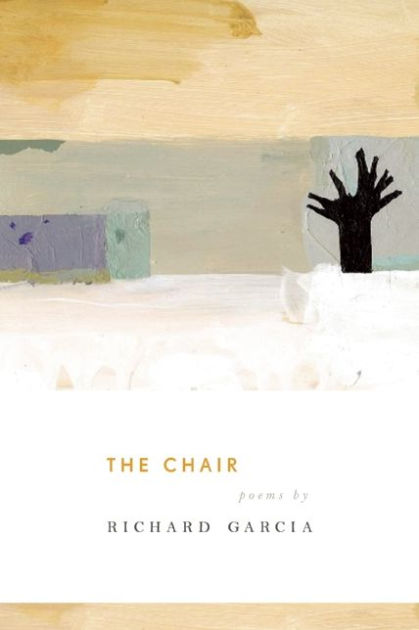



![[TITLE] written while listening to Zushi by Dean Blunt](https://images.squarespace-cdn.com/content/v1/580fa9f7e58c62cb7501937b/1665847727162-7ZB4MQGXPPQSXY3GSJX1/zushi.jpeg)



















